Mum Labeled ‘Australia’s Worst Female Serial Killer’ Challenges Shocking Evidence That Sealed Her Fate
Ever wonder how a diary—something meant to capture your deepest, rawest emotions—could turn into a weapon sharp enough to land someone behind bars for two decades? Meet Kathleen Folbigg, once tagged as Australia’s “worst female serial killer” and arguably its most hated woman. Yet, against all odds, this 58-year-old mum was cleared and set free in 2023 after a wrongful conviction for the tragic deaths of her four children. Her story flips the script on how grief and guilt get tangled up in our personal writings, showing us just how dangerous it is to interpret a broken heart through a heavily biased lens. Spoiler alert: Sometimes, science and patience do pay off. Curious about the twist that turned a nation’s perception upside down? LEARN MORE.
A woman was once dubbed the ‘most hated woman’ in Australia and the country’s ‘worst female serial killer’ before sensationally being cleared of her crimes.
Kathleen Folbigg, 58, gained her freedom in 2023 after serving a 20-year stretch in prison as she was wrongly convicted of murdering four of her children.
Two years on from her release, the mum has now spoken out about how her personal diary entries were ‘weaponised’ against her in court and completely misconstrued.
She was jailed in 2003 on three counts of murder in relation to the deaths of her infant daughters, Sarah and Laura, as well as her baby son Patrick. She was also convicted of the manslaughter of her 19-day-old son, Caleb.
All four of the tots died suddenly between 1989 and 1999 before they turned two.
Prosecutors accused Folbigg of suffocating her offspring, claiming that the chances of four children dying so prematurely within the same family were highly unlikely.
Folbigg was painted as an unstable mother who had a temper during her 2003 trial, according to the BBC – and her conviction largely hinged on circumstantial evidence, including entries she had made in her diaries.
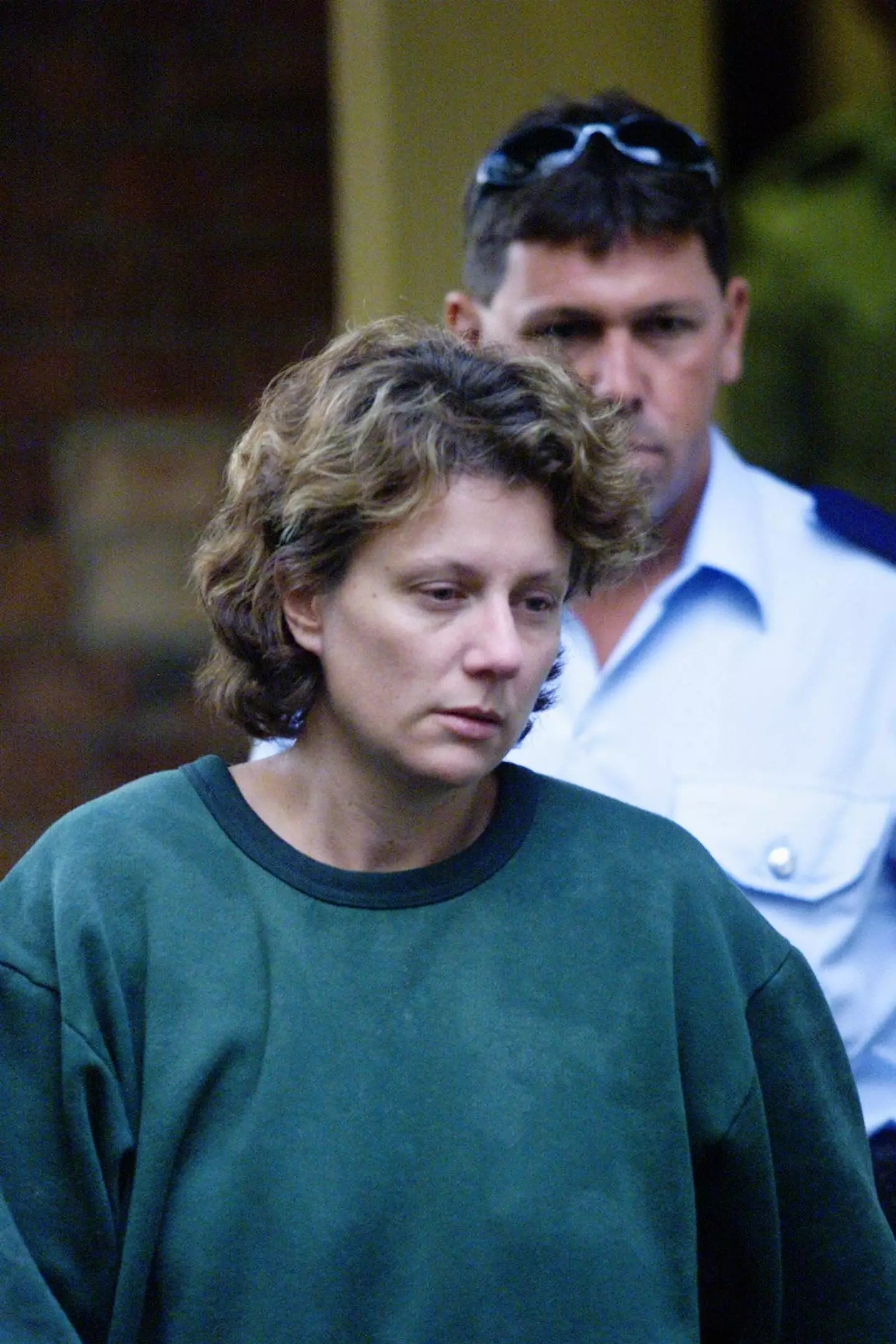
Kathleen Folbigg, pictured in 2004, was wrongfully imprisoned for two decades (Fairfax Media via Getty Images via Getty Images)
These grief-riddled ramblings rendered her guilty in the court of public opinion, and as a result, Folbigg was branded Australia’s ‘worst female serial killer’ alongside other macabre nicknames.
Folbigg maintained her innocence throughout the two decades she spent incarcerated, but a breakthrough only came in the case when science caught up.
An inquiry into her conviction in 2023 then dramatically revealed that her children could have died of natural causes due to incredibly rare gene mutations. In June that year, she was pardoned and released.
South Wales Gov. Margaret Beazley said there was ‘reasonable doubt’ that the guilty verdict was wrongly handed down to Folbigg.
In August this year, Folbigg was offered $2 million (£975,580) in compensation for being wrongfully imprisoned – a figure which her lawyer described as a ‘moral affront’ that was ‘woefully inadequate and ethically indefensible’.
Folbigg has now opened up about her decades-long ordeal during an appearance on the True Crime Conversations podcast, where she detailed her tireless fight for justice and how her diary entries were used against her.
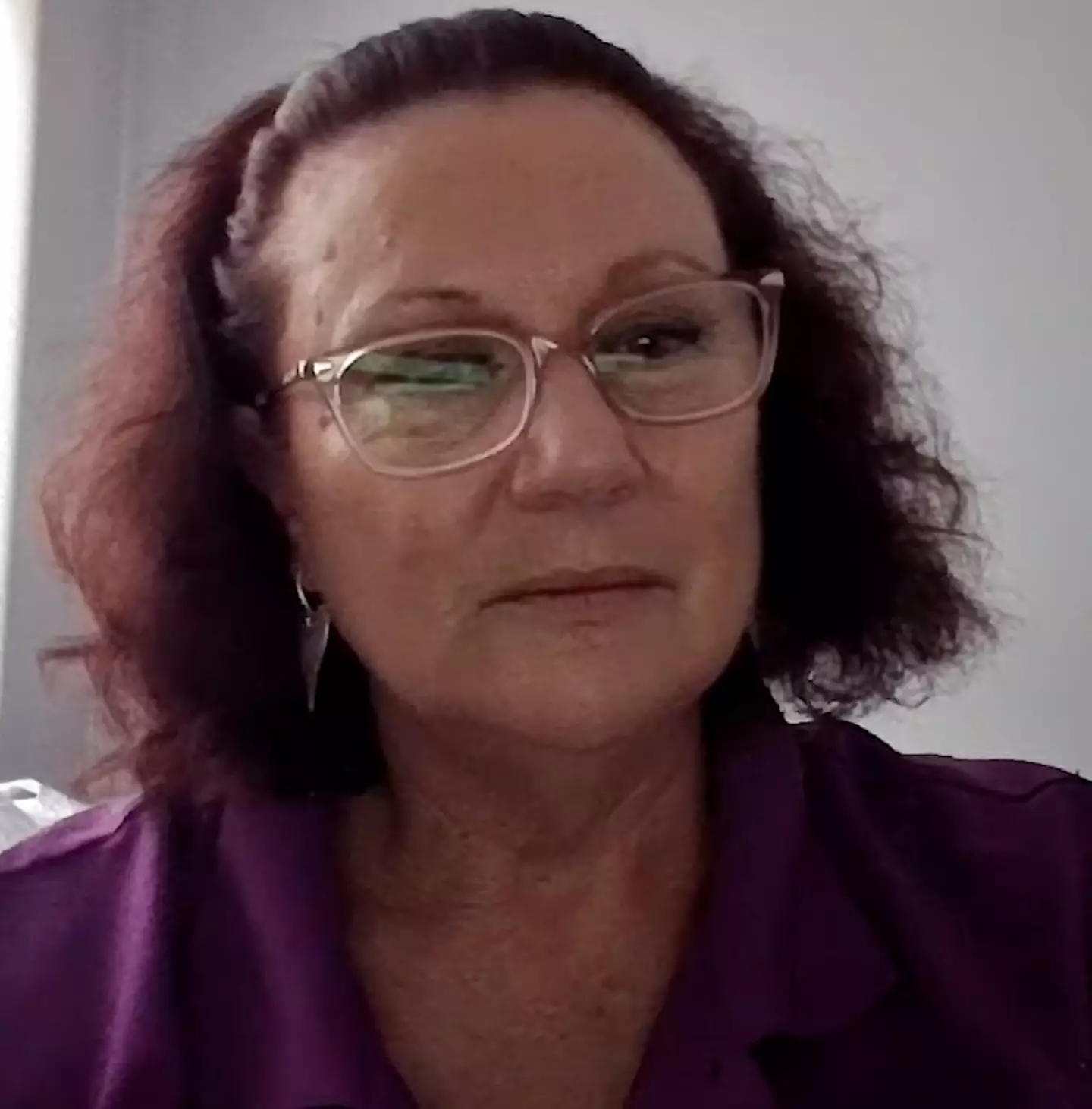
The 58-year-old said she found it ‘offensive’ that her grief-stricken diary entries were used to convict her (YouTube/True Crime Conversations)
The 2023 inquiry heard how prosecutors had ‘characterised’ her notes about her struggles with motherhood as ‘admissions of guilt’, according to ABC.
But psychiatrists and psychologists who had analysed the diaries in the wake of her conviction said her writings were a ‘coping mechanism’ as she waded through ‘maternal grief following the death of children’.
Experts said Folbigg’s entries were ‘expressions of self-blame, not admissions of guilt’.
The mum herself told True Crime Conversations that she found it ‘offensive’ that the personal thoughts she jotted down in the depths of grief were twisted into something sinister.
“To only pluck out certain words and weaponise [them], to me, it was a disgusting thing to do,” Folbigg said.
“My defence team’s tactic was to simply say, ‘Nothing to see here, don’t know why you’re using [the diary entries], nothing to see here’. Well, that wasn’t good enough, and I got done for them anyway.”
Folbigg claims that her diaries were ‘used in a specific way to make sure that a case was bolstered’, resulting in them being widely interpreted as confessions of guilt.
“The case was pretty much built up around them, so, for all intensive purposes I didn’t really have hope,” she said. “I was going down whether I liked it or not.
“It’s literally a case of – how do you defend your random thoughts that come out of your head that you were silly enough to stick on a bit of paper? Then someone goes and reads them.
“And every individual has a different way of interpreting something they might read. I can still do it now – something might flash up on the news and I’ll read it and go, ‘Oh wow, that means blah, blah, blah’.
“Sometimes I can still write stuff, even today, and someone will read it and not really understand where its come from or take it in a totally different way. It’s an eternal argument, really.”
Folbigg explained that she had stayed ‘hopeful’ while facing the murder charges in court, saying: “I was fairly ignorant, naive and I kept thinking the system would listen to me at some point and get it right.
“But [then] you land in prison going, ‘Well that didn’t work, I don’t know what’s going on there’. But it’s too late by then.”
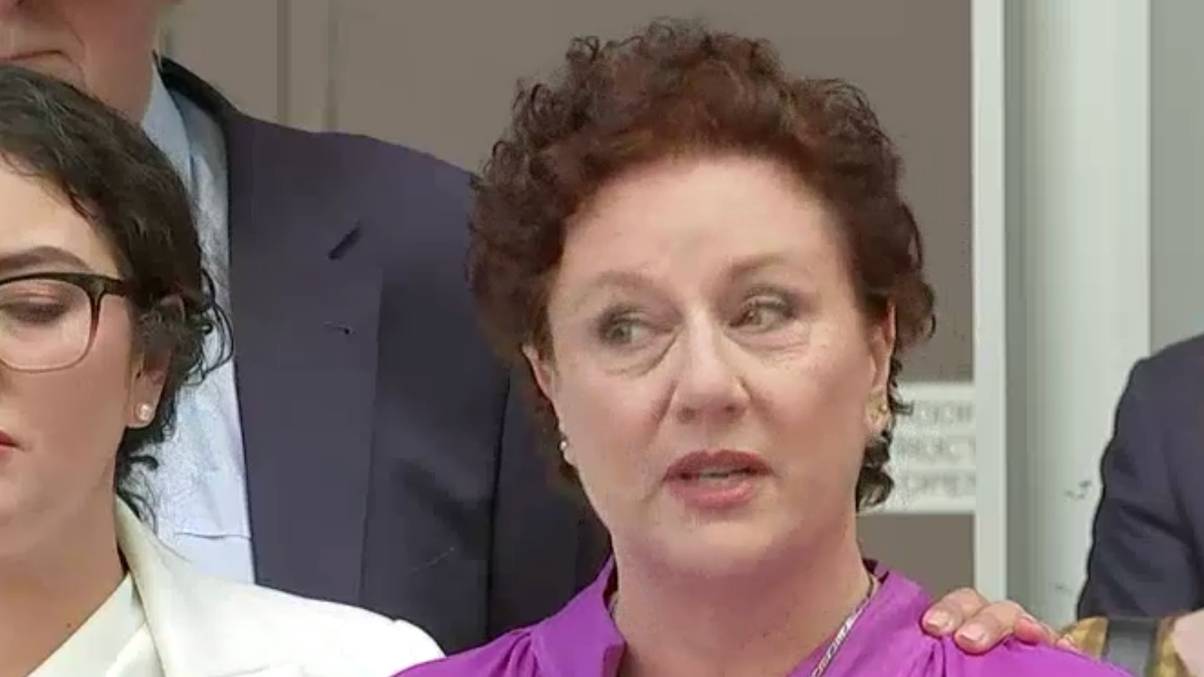


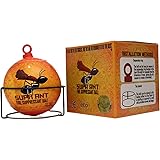


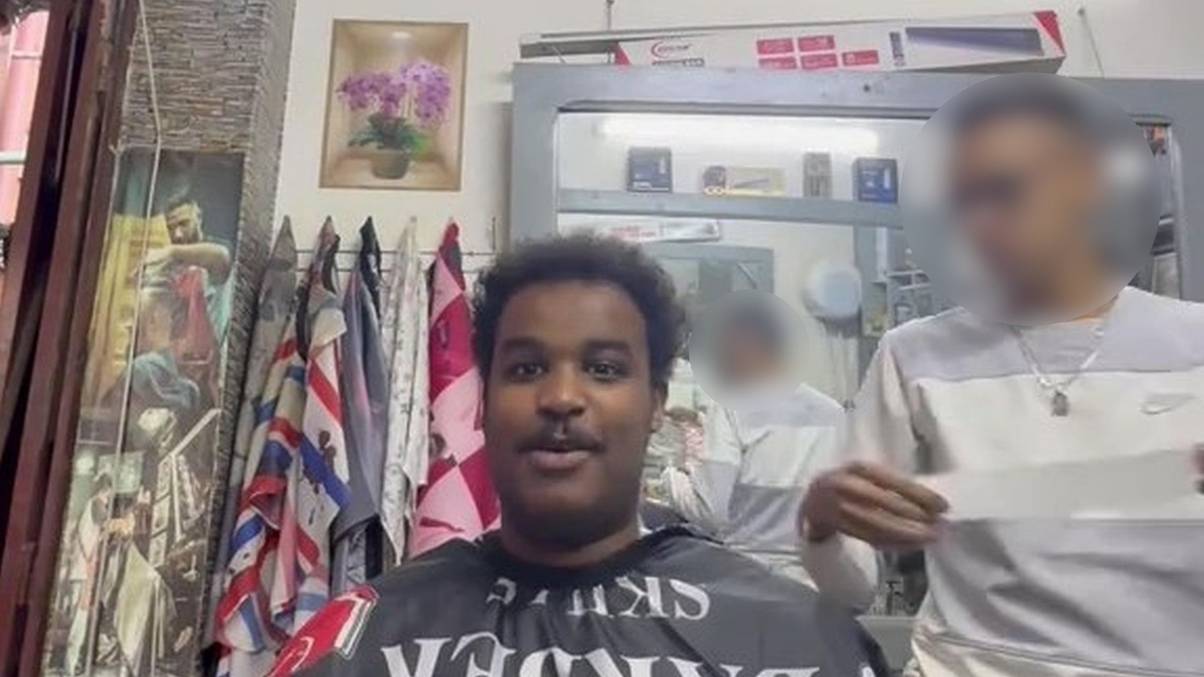
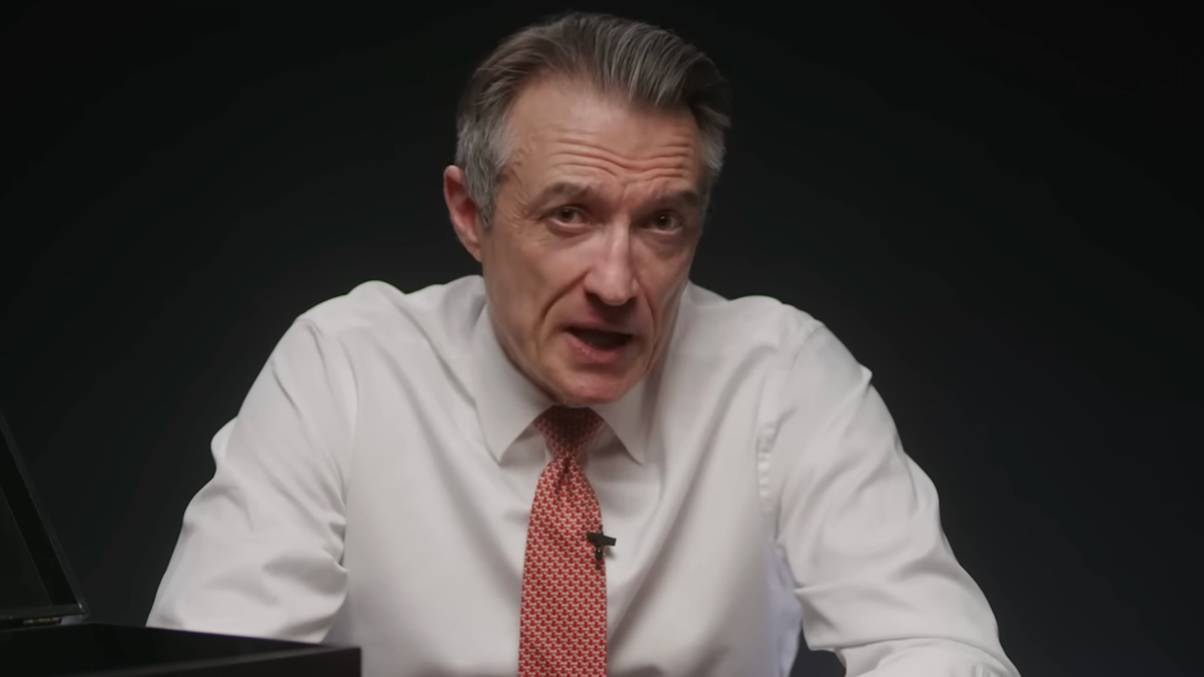

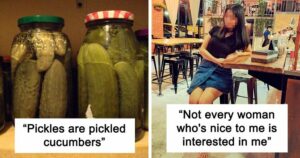
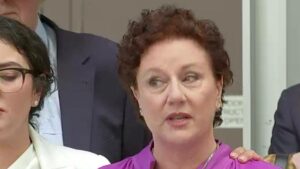


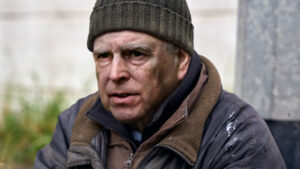
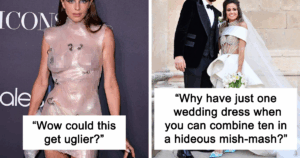



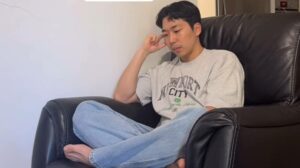

Post Comment